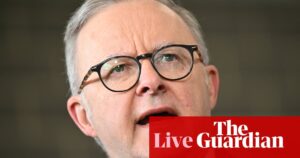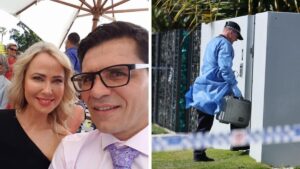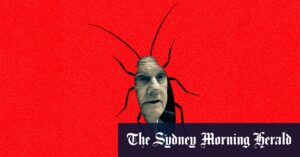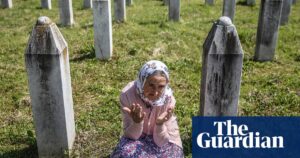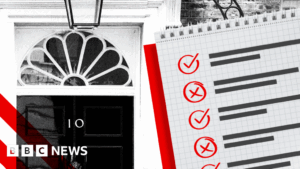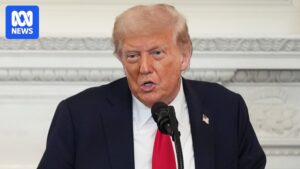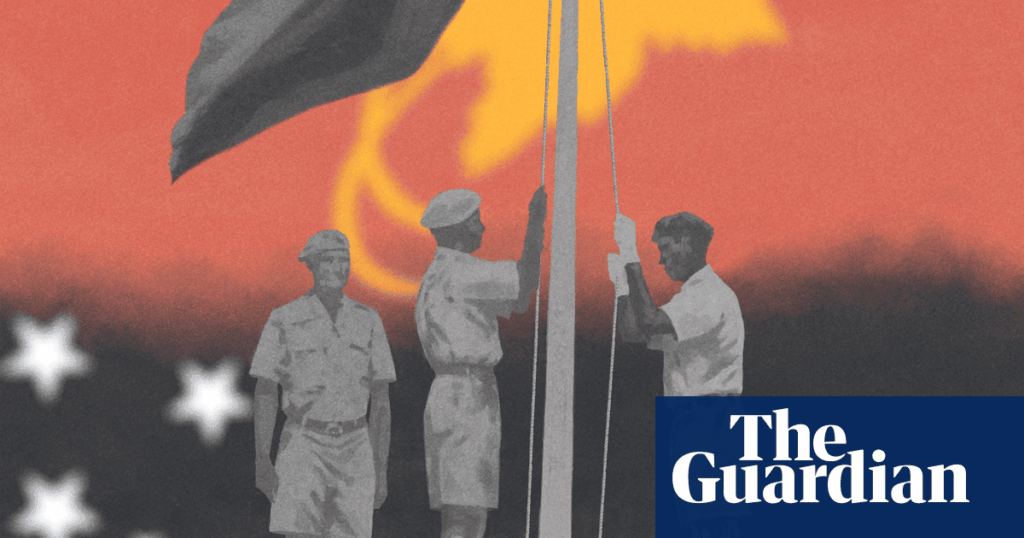
In the early 1970s, Dame Meg Taylor recalls a profound sense of optimism as Papua New Guinea approached independence. At that time, she joined the staff of Sir Michael Somare, who would become the country’s first prime minister. “There was a lot of hope,” said Taylor, a diplomat and former secretary-general of the Pacific Islands Forum. “I still have very wonderful memories of sitting out on the old steps of the office… just thinking, ‘What have we got ourselves into, and what an amazing opportunity that we have to build a country’.”
As Papua New Guinea prepares to mark 50 years of independence from Australia, Taylor and other prominent figures reflect on a nation that has struggled to fulfill its early promise. Interviews with dozens of citizens, including a former prime minister, ex-military commander, and constitutional architect, reveal a country grappling with violence, lawlessness, and a divided vision for the future. These conversations highlight law and order, leadership, and access to essential services as the most pressing challenges for a nation of nearly 12 million people.
Struggles and Setbacks
Peter O’Neill, who led Papua New Guinea from 2011 to 2019, expressed disappointment with the country’s trajectory. “I know that they would’ve been very disappointed that we have lost our way,” O’Neill remarked, referring to the founding fathers. “We have been blessed with a beautiful country with a lot of resources and beautiful people. All we need to do is manage ourselves in a better way.”
Papua New Guinea was administered by Australia as a single territory from 1945, comprising the former British protectorate of Papua and the former German colony of New Guinea. In 1972, Gough Whitlam promised that if elected as Australia’s prime minister, he would begin the transition to self-governance. He fulfilled this pledge, and on September 16, 1975, Papua New Guinea was granted independence. In a late-night radio address, Somare reminded the new nation: “This is just the beginning. Now we must stand on our own two feet and work harder than ever before. We are indeed masters of our own destiny.”
Economic and Social Challenges
Today, Papua New Guinea is the largest Pacific nation after Australia, with a young and growing population. Yet, about 40% live below the poverty line, and in some regions, crime and violence are rampant. Many lack access to basic health services and education, with child mortality rates ten times higher than Australia’s.
The country’s wealth in gold, copper, oil, and gas has been both a blessing and a curse, fueling conflict and corruption. O’Neill believes independence was granted “too soon,” with inadequate development of education and infrastructure by the Australian colonial administrators. He cites mismanagement by leaders and inadequate policing as major obstacles to development. “Enforcement of the rule of law is absolutely nonexistent,” O’Neill stated.
Current Prime Minister James Marape has echoed these concerns, stating that the greatest impediment is a lack of respect for the country’s laws. In a speech, Marape rated the country’s progress since independence as a mere three out of ten. Opposition leader Douglas Tomuriesa identified internal security as the most urgent challenge, citing weak enforcement of justice and an under-resourced police force as key issues.
Escalating Violence and Gender Inequality
The escalation of violence, particularly in the central and western Highlands, has devastated families and local economies. Police in Enga province estimate that hundreds have been killed in tribal conflicts this year alone. Retired Maj Gen Jerry Singirok noted that gun violence has overtaken all other crimes, crippling the nation.
Gender equality is another significant challenge, with women vastly underrepresented in parliament and facing high risks of violence. Ruth Kissam, a leading human rights activist, described the situation as a “systemic failure to protect our most vulnerable.”
“We are talking about a pandemic within our homes and communities. The reality is that for many women in Papua New Guinea, violence is a daily experience, not an isolated event,” said Kissam.
Limited opportunities for the youth have also contributed to unrest. A World Bank report estimated that 72% of ten-year-olds are unable to read, and only 18% of 20-to-24-year-olds have completed secondary or tertiary education. More investment in education is deemed critical to the country’s economic future.
Decentralization and Future Prospects
To address these challenges, former and current politicians advocate for greater decentralization. John Momis, a constitutional father and former president of Bougainville, argues for more power to be given to local communities. “The problem today is the national government has monopolized power again,” he said.
Australia remains Papua New Guinea’s largest aid partner, providing significant development assistance. However, Momis cautions that aid should not be given unconditionally. “People must drive development,” he emphasized.
Despite the challenges, there is optimism about the future. Tomuriesa draws hope from the resilience of the people, noting the eagerness of young people to learn and the growth of the small business sector. “The lesson is clear: where the people are empowered, progress follows,” he said.
Reflecting on the nation’s journey, Taylor remains hopeful. “The country is rich in resources, rich in human capital,” she said. “There’s still a lot of hope. We’re only 50 years old in terms of modern constitutional Papua New Guinea. I’m not going to give up, and I know a lot of people in this country are not going to give up.”
As Papua New Guinea commemorates its 50th anniversary of independence, the nation stands at a crossroads, grappling with its past while looking toward a future filled with both challenges and opportunities.
